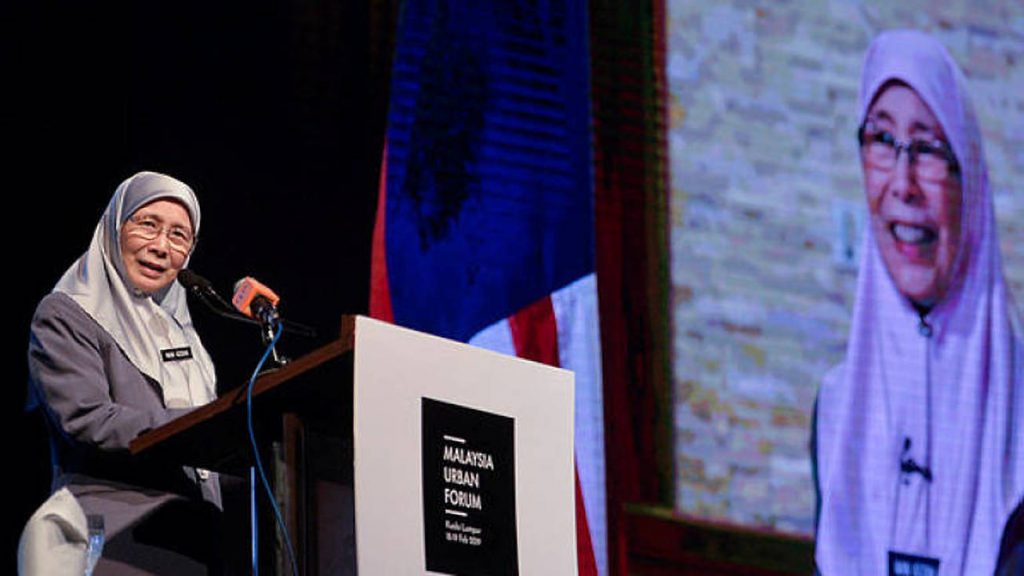The Women, Family and Community Development Ministry has plans for creating an age-friendly city, as part of the United Nations Development Programme. Deputy Prime Minister Datuk Seri Dr Wan Azizah Wan Ismail said that the project aims to encourage public participation in local planning. The purpose is to produce an inclusive environment that is child-, elderly-, and disabled-friendly.
Similarly, Dr Wan Azizah, who is also the Minister for Women, Family and Community Development, said that the ministry is considering working with UNICEF to form a child-friendly city in the country.
The main vision of this child-friendly city concept is a community where the needs and rights of a child is placed as the utmost priority when developing local government level policies and programmes.
Accessible Cities for All
Dr Wan Azizah also said that cities have to be age-, child-, and gender-friendly as Malaysia moves forward towards a change in social profile. Currently, 77% of Malaysia’s population reside in urban areas and the number is expected to increase to 80% (26 million) by the year 2030.
With such a large percentage of people living in the cities, this would mean urbanisation challenges such as solid waste disposal, traffic congestion, air pollution, limited water resources, inadequate supply of affordable housing, demand for basic urban services, and severity of flooding due to the urban heat island, according to Bernama.
There will also be further challenges due to changes in the demographic profile as Malaysia will become an aging society by 2030. This means around 15.3% of the population will be aged 60 years and above, which brings on new challenges in health service needs and suitable physical environments.
Moving Towards Urbanisation
Additionally, she said that Malaysia is one of the few countries in the world with a National Urbanisation Policy in recognition of the changes the country is going through as it becomes more urbanised.
There are many reasons that can contribute towards a city’s healthy economic growth. Some of these factors are efficient management, partnerships, transparency and accountability, which enhances a city’s competitiveness on the world stage.
Other than that, she also emphasised on liveability being a core component of competitiveness. Cities must have comprehensive basic facilities, infrastructure, good public transportation, safe neighbourhoods and a comfortable and clean environment. Equality is also a key point as all citizens should have the same kind of access to public amenities and infrastructure, regardless of location or social status.
Dr Wan Azizah added that the ministry is in the midst of drawing up a National Accessibility Action Plan to ease the struggles of the disabled. It is hoped that this plan will result in a community that is progressive and inclusive of each other.
For more information about parenting and family, please visit Motherhood.com.my.
